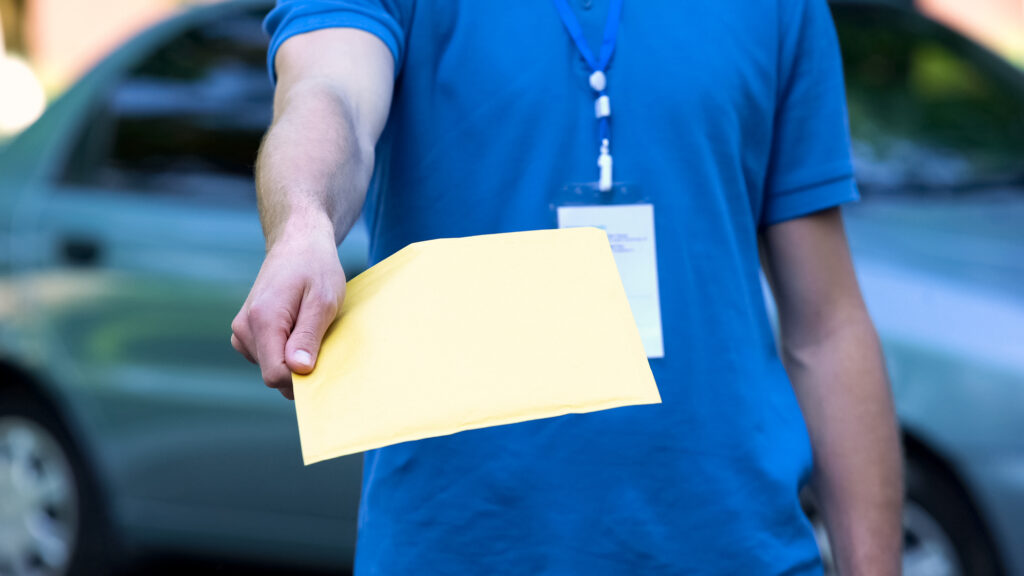A “subpoena” is used in cannabis litigation (or any litigation) when third-party witnesses or documents become necessary for a lawsuit. Over the years, we’ve seen the need for subpoenas come up in a variety of contexts. Below is a primer on what to do as a recipient of one:
What is a subpoena?
There are generally three types of subpoenas:
- The deposition subpoena that asks for a witness to sit for a deposition (a “testimony only” subpoena)
- The deposition subpoena that asks for a production of documents (a “business records” subpoena); or
- The deposition subpoena that asks for both (a “records and testimony” subpoena)
If the subpoena is demanding a witness to appear, it should set forth the time and place for doing so. It should also include a description of topics on which the questioning will focus on “with reasonable particularity.” If the subpoena is demanding documents, it should also outline the types of documents that is expected to be produced by providing “specific descriptions” of each.
How to comply with a subpoena
The most important thing about compliance is being mindful of the time for compliance. As mentioned above, if the subpoena is asking for attendance, it will set forth a (typically placeholder) time and location – it’s important to communicate with the subpoenaing attorney and indicate whether attendance will happen or not, whether rescheduling is necessary, etc. If the subpoena is asking for a production of documents, the subpoenaing attorney will typically include a deadline to do that as well, and again, a different compliance date can be negotiated in most cases. Note that, in California for example, that compliance date must be at least twenty days after the subpoena is issued, or at least fifteen days after service of the subpoena, which is later. And obviously, in relation to a subpoena that asks for records and testimony, both issues can be worked out.
How to challenge a subpoena
A subpoena can be attacked on several grounds:
- Form or content defects (like an inadequate description of what documents they’re requesting);
- Service defects;
- Not within the permissible scope of discovery (like the documents sought are protected under various privileges or privacy laws such as consumer or employee laws); or
- “Unjustly burdensome” or oppressive
Where one of the above is particularly egregious, it may be most worthwhile to file an affirmative “motion to quash” – a motion asking the Court to essentially invalidate the subpoena. For example, in California, the Court may in its discretion order the losing party to pay the winning party’s expenses, including reasonable attorneys’ fees in filing the motion.
In other cases (such as when the subpoenaed party is a “consumer” or “employee”), serving written objections is sufficient. These objections need to state specific grounds for why documents will not be produced. This will automatically excuse the custodian from producing the records until the court orders their production or the parties come to an agreement on what should be produced, etc.
Conclusion
It can be particularly annoying to receive a subpoena, especially in a matter that is of no relevance to your particular business. It’s nevertheless important to address the subpoena in a timely manner. For other articles we’ve written about them, please see:
- Cannabis Litigation: Third-Party Subpoenas and the Illegality Defense
- Federal Court: California Must Share Cannabis Licensee Records with Feds
- Here We Go! Feds Sue California for Cannabis Business Records
Need Help With California Cannabis Law?
























